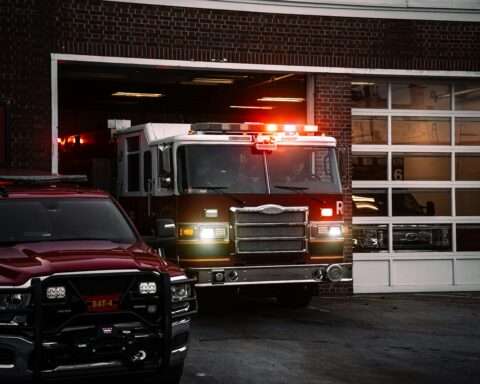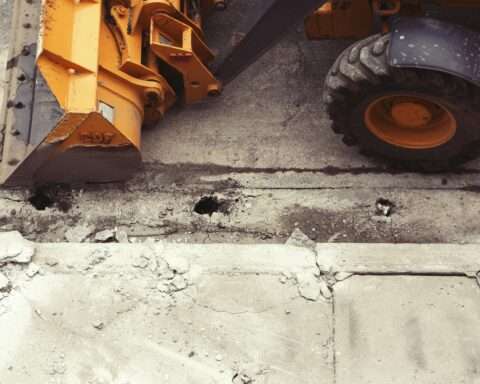The Department of the Interior announced a $242 million investment in delivering clean, dependable drinking water to communities in arid Western states through five projects centered on water storage and conveyance.
Four initiatives in California, Colorado and Washington seek to increase storage capacity by at least 1.6 million acre-feet, enough to sustain 6.4 million residents for a year. The funds will also support a feasibility study in Arizona for improving water storage capacity.
The federal Investing in America program provides resources to bolster the ability of Western communities to withstand drought and climate change. Through the Bipartisan Infrastructure Law (BIL), the Bureau of Reclamation initiative is investing a total of $8.3 billion over five years into water infrastructure projects encompassing rural water systems, conservation, conveyance, nature-based solutions, dam safety, water purification and reuse, and desalination efforts.
“As drought conditions continue to grip the West, the need for these projects is increasingly evident,” Bureau of Reclamation Commissioner Camille Calimlim Touton said. “These investments will advance projects that bring reliable drinking and agricultural water to residents in need, provide ecosystem benefits and increase overall water storage.”
Thursday’s announcement follows $152 million announced for these projects last year and $210 million for these and other projects announced in 2022. Since the BIL was signed in November 2021, Reclamation has announced more than $3.5 billion for hundreds of projects. This year’s funds will go toward:
- Verde Reservoirs Sediment Mitigation Project (Arizona): $8.5 million to continue a feasibility study to address water storage lost due to sediment accumulation at Horseshoe Reservoir, manage future sediment accumulation in Horseshoe and Bartlett Reservoirs, and investigate flexibilities that could be created with increased storage capacity.
- B.F. Sisk Dam Raise and Reservoir Expansion Project (California): $75 million for increasing off-stream storage capability. The project is in addition to the B.F. Sisk Safety of Dams Modification Project already underway and is in partnership with the San Luis and Delta-Mendota Water Authority. Reclamation continues to coordinate with agency and commercial partners on environmental permitting and geotechnical investigations needed for the design. The project seeks to develop roughly 130,000 acre-feet of additional storage that can be delivered to water contractors and wildlife refuges.
- Sites Reservoir Project (California): $67.5 million to develop up to 1.5 million acre-feet of new water storage on the Sacramento River system located west of Maxwell. The reservoir will deliver cold water for salmon by using new and existing facilities to move water in and out of the reservoir, with ultimate release to the river through existing canals, a new pipeline near Dunnigan and the Colusa Basin Drain.
- Arkansas Valley Conduit (Colorado): $90 million to continue construction of a long-term water supply for some 50,000 people in dozens of rural communities along the Arkansas River. The project replaces current groundwater sources contaminated with radionuclides to bring communities into compliance with U.S. Environmental Protection Agency drinking water standards. More than 100 miles of pipeline are planned for the delivery of up to 7,500 acre-feet of water per year from Pueblo Reservoir. After decades of planning and preparation, the Arkansas Valley Conduit broke ground in 2023.
- Cle Elum Pool Raise Project (Washington): $1 million to continue to increase the reservoir’s capacity by 14,600 acre-feet, with management goals focused on fisheries. Reclamation, the Yakama Nation and Washington State Department of Fish and Wildlife are partners on the project.












